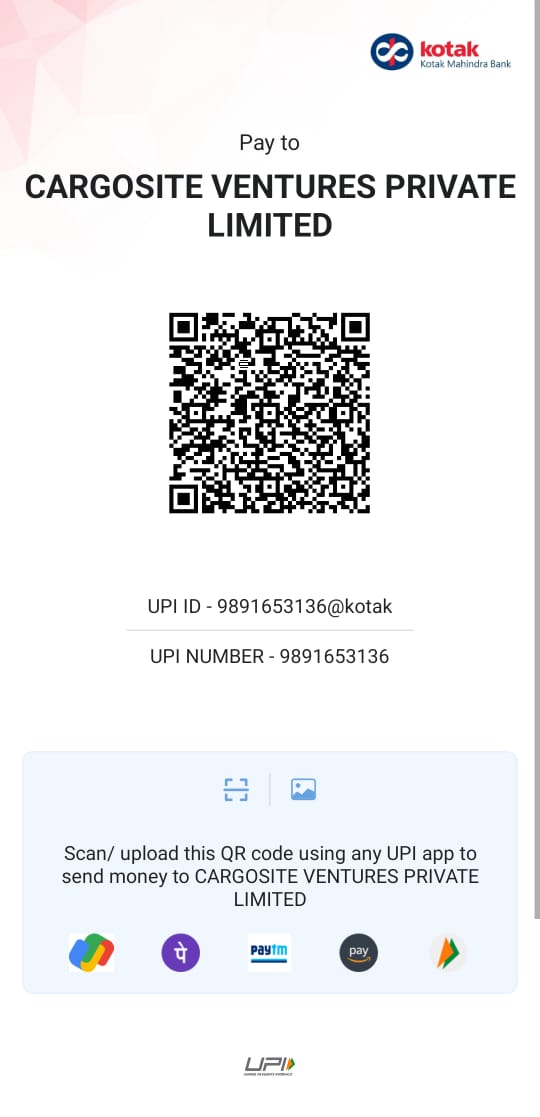For a customized and attractive quotation, please contact with your product details to Rekha Atri (+91 98118 03136) or Manju Laur (+91 9711994042).
Overview of Export Promotion Capital Goods (EPCG) Scheme:
To increase and improve the manufacturing quality of Indian goods in international markets, the Export Promotion Capital Goods (EPCG) scheme was introduced. The scheme enables exporters to import capital goods that can be used to produce high-quality final products to be exported from India. Through EPCG scheme, exporters can export goods like spare parts for pre-production, production and post-production at zero customs duty.
The core objective of the EPCG Scheme is to bolster the competitiveness of Indian exports by streamlining the import of capital goods essential for the production of goods and services.
Furthermore, it seeks to stimulate increased investments in the manufacturing sector, thereby contributing to the overall growth and dynamism of the industrial landscape of nation. In essence, the EPCG Scheme stands as a key driver for advancing the capabilities and global standing of Indian businesses through strategic import facilitation and industry advancement.



